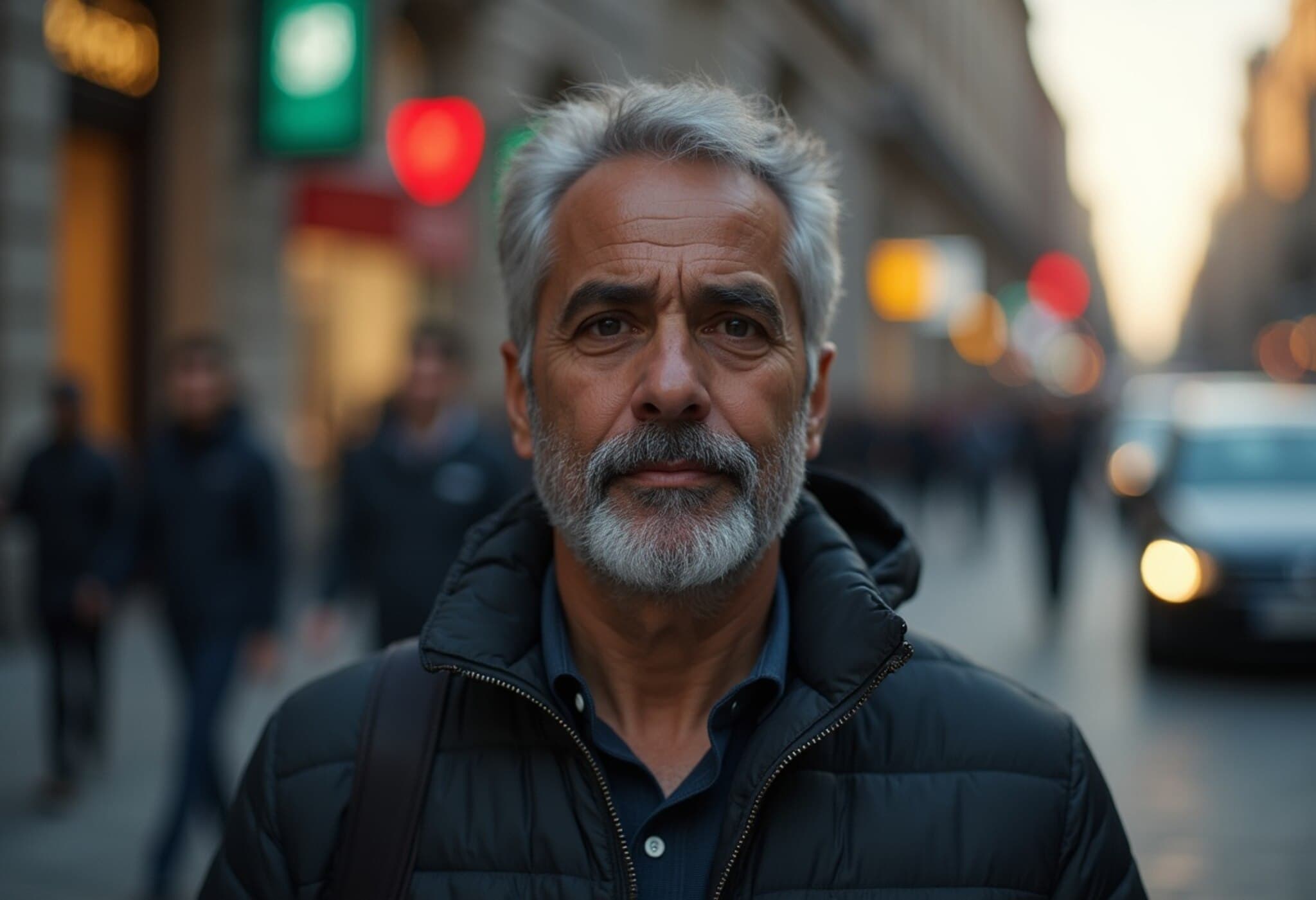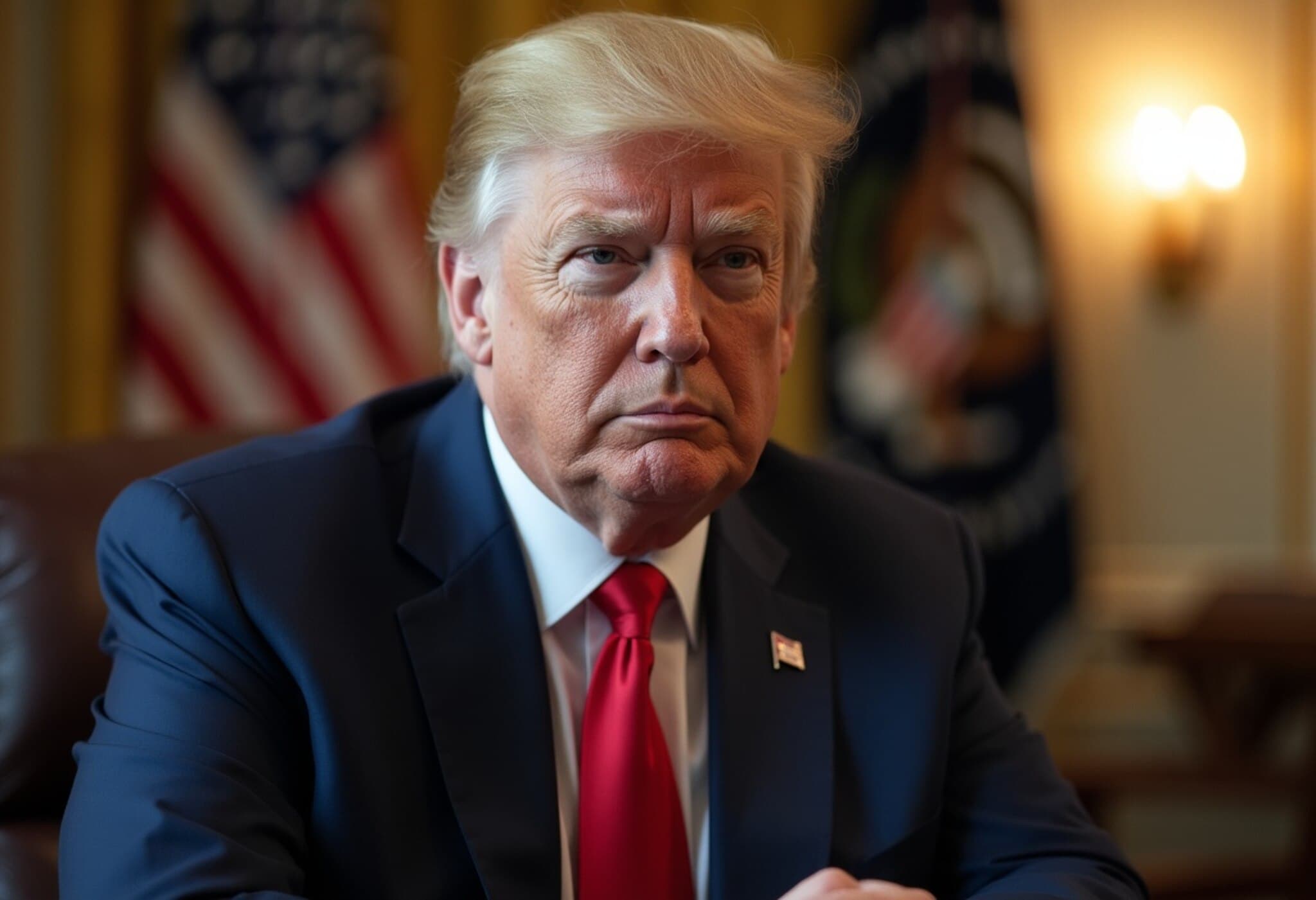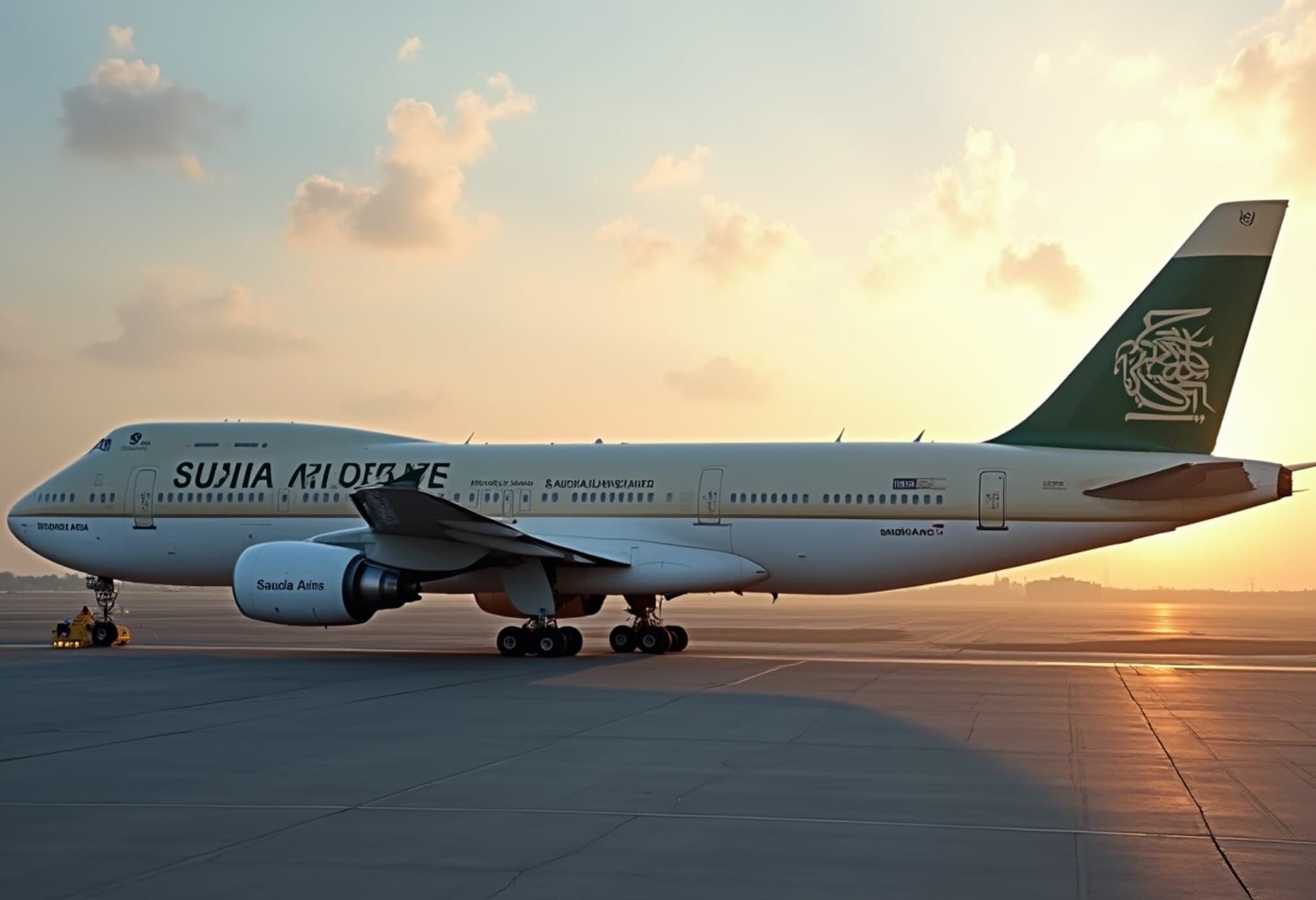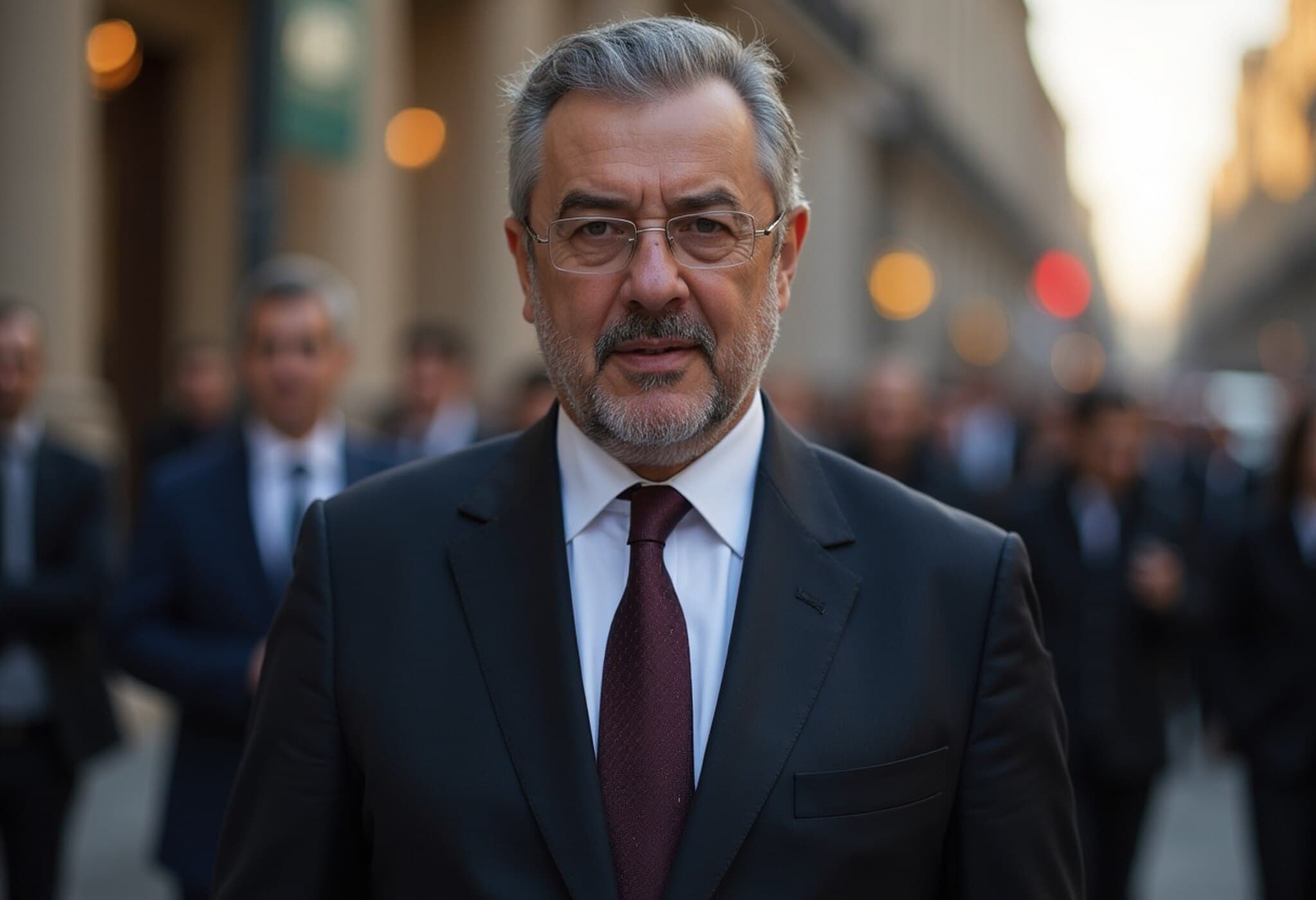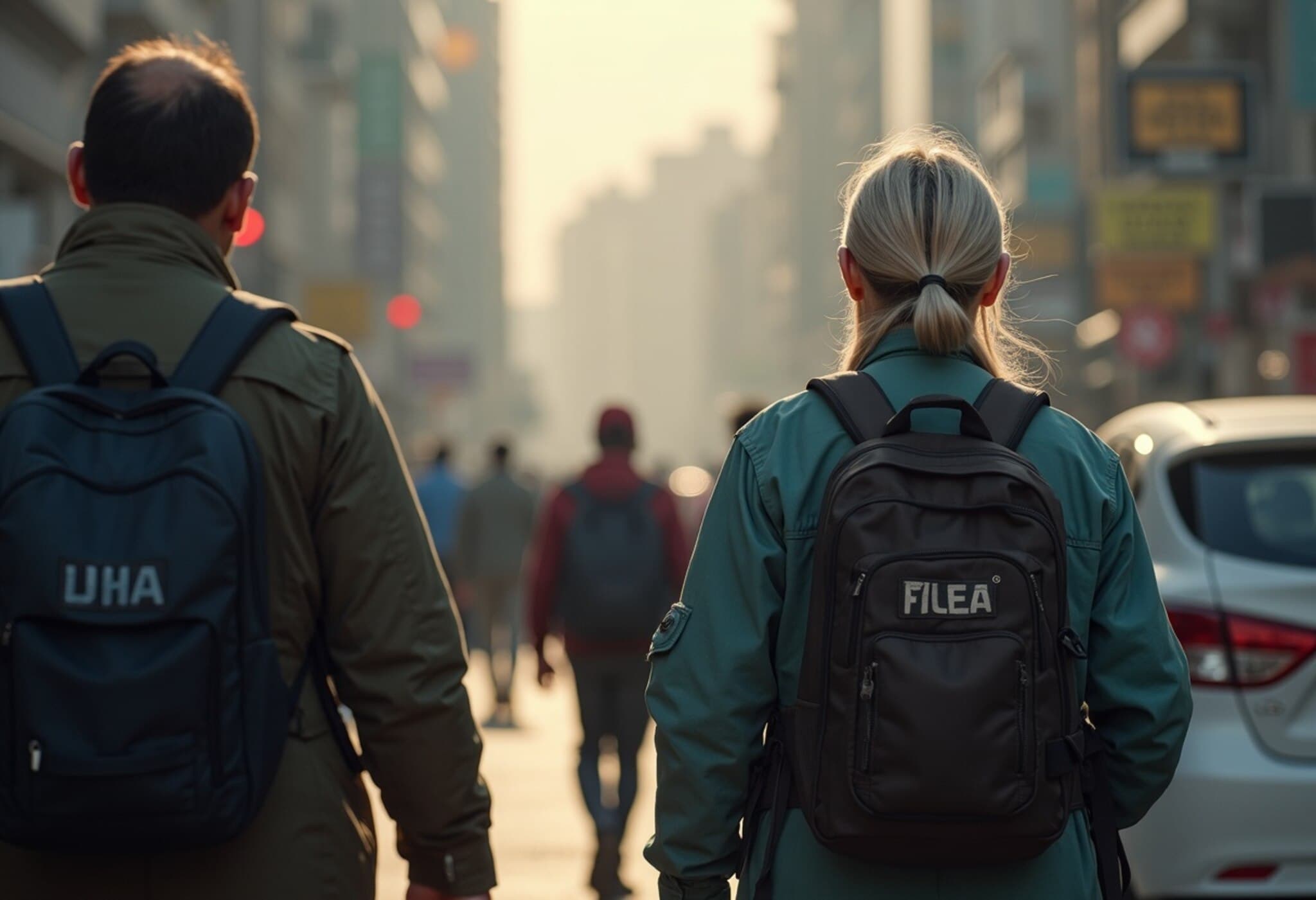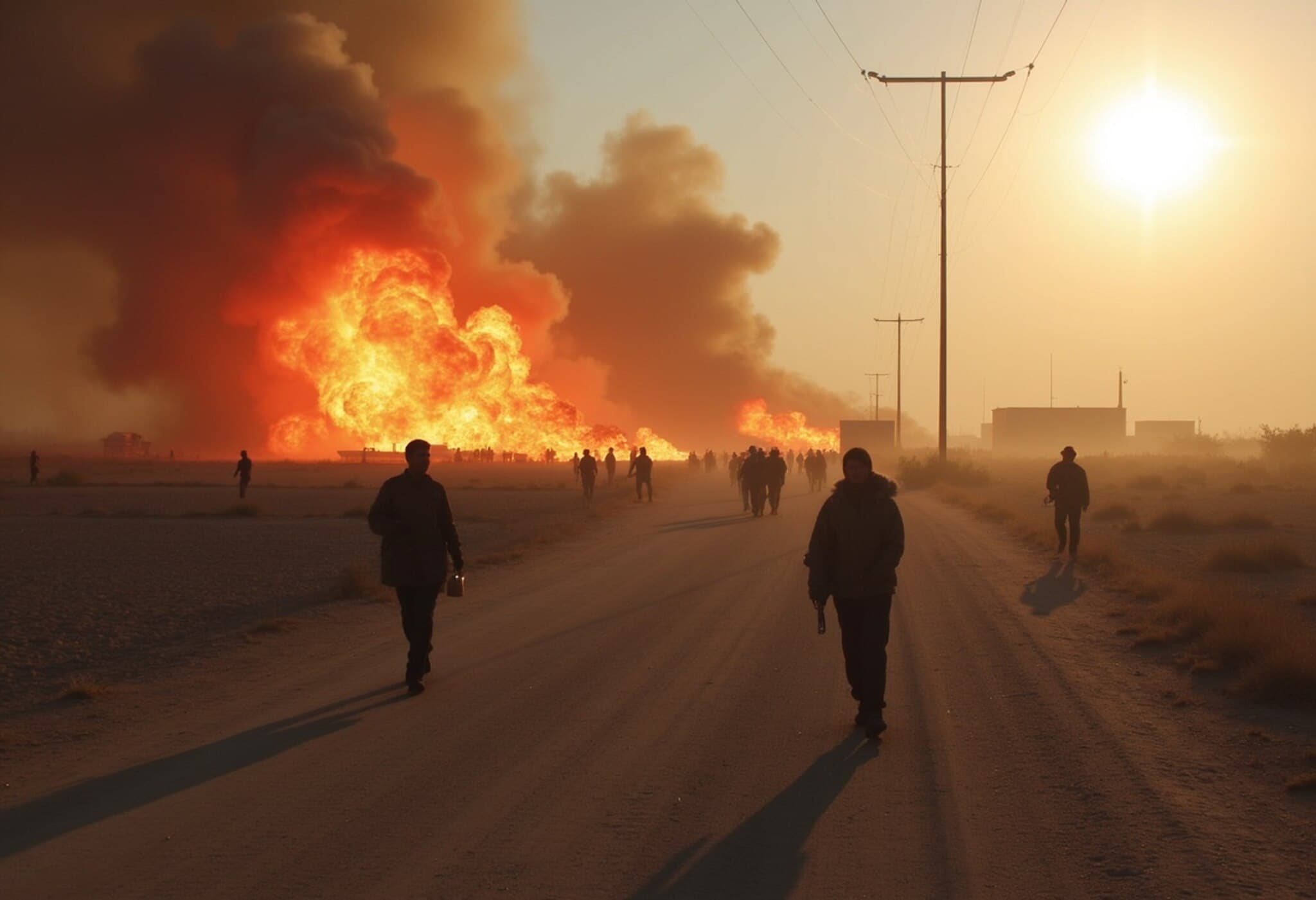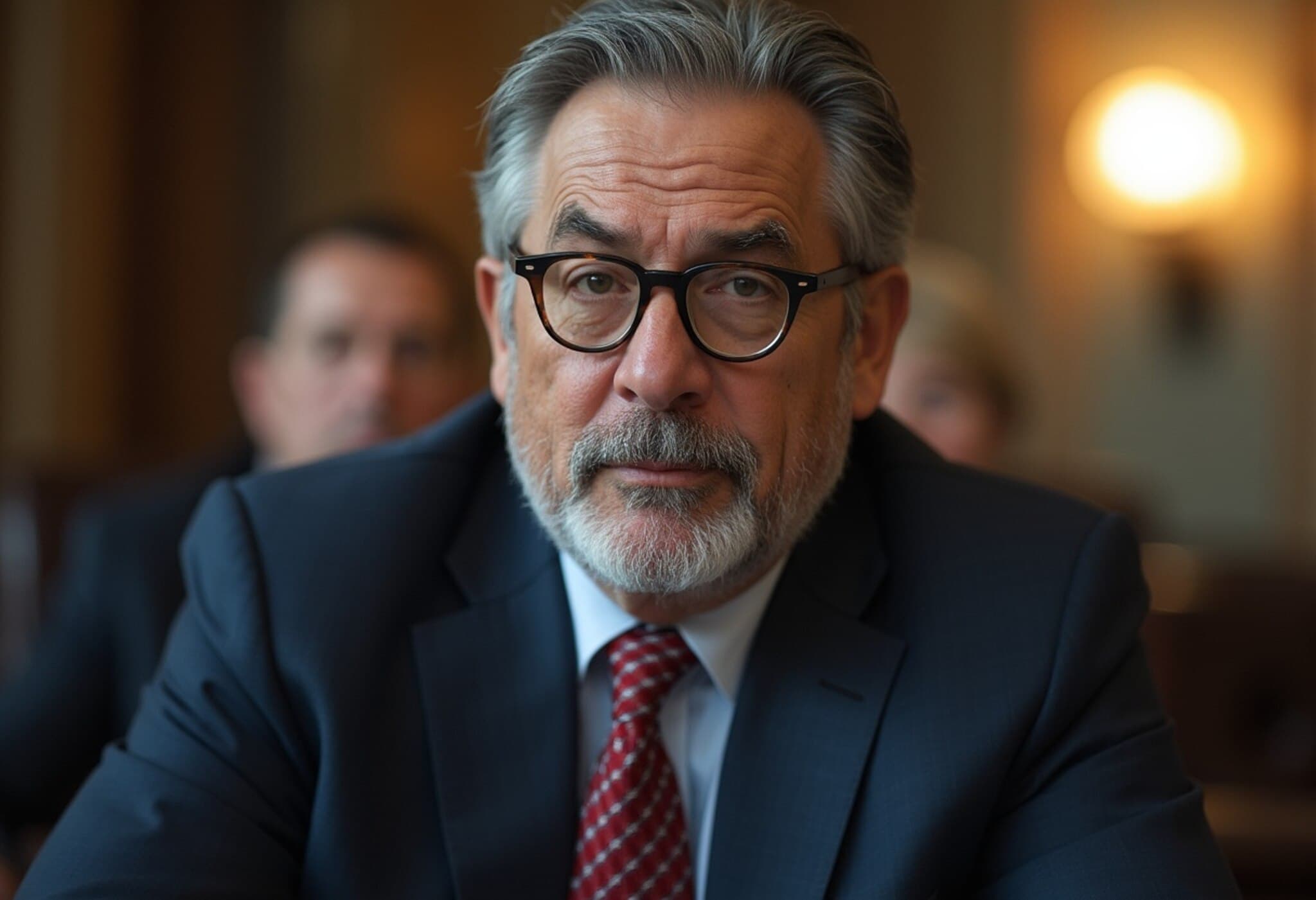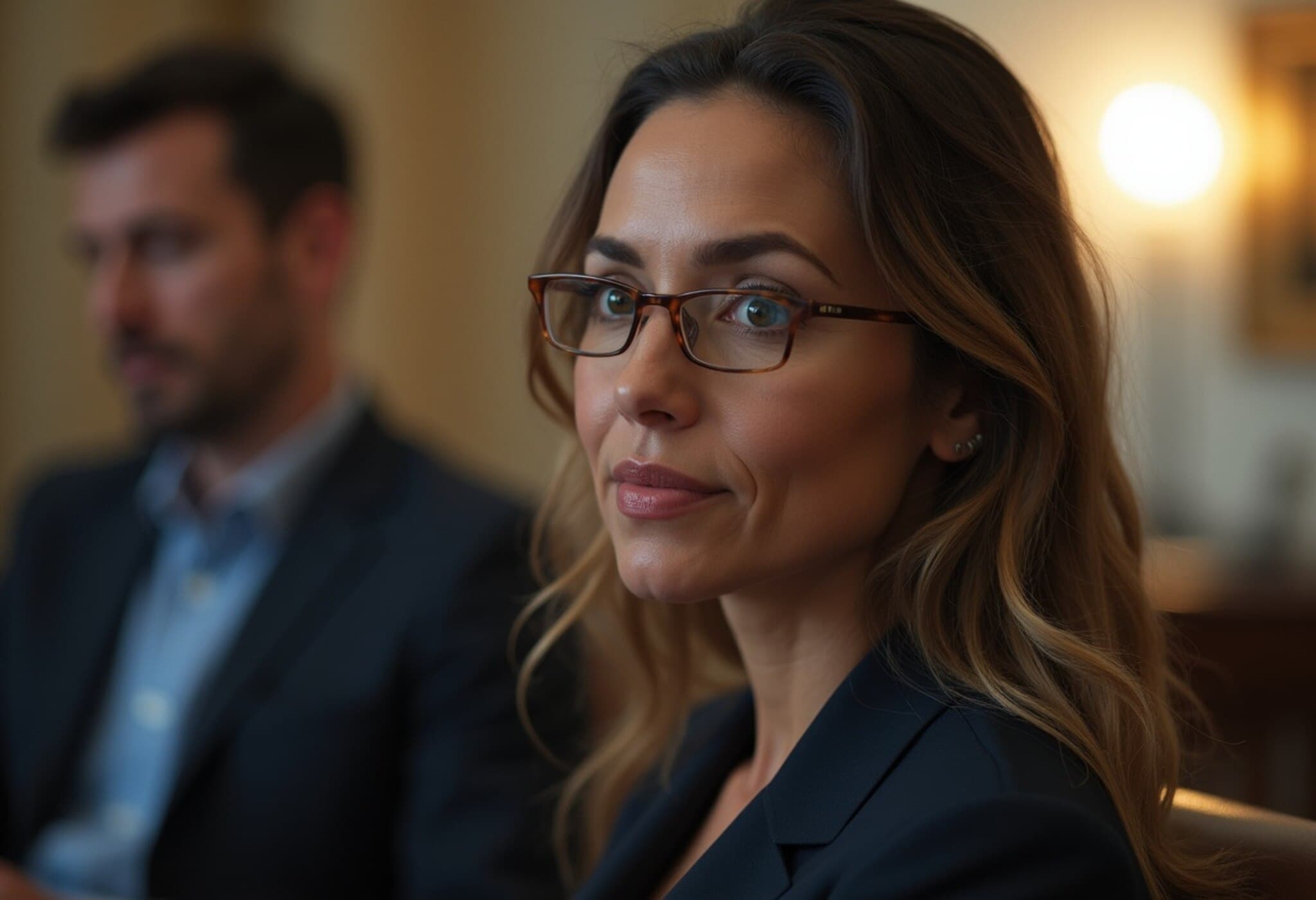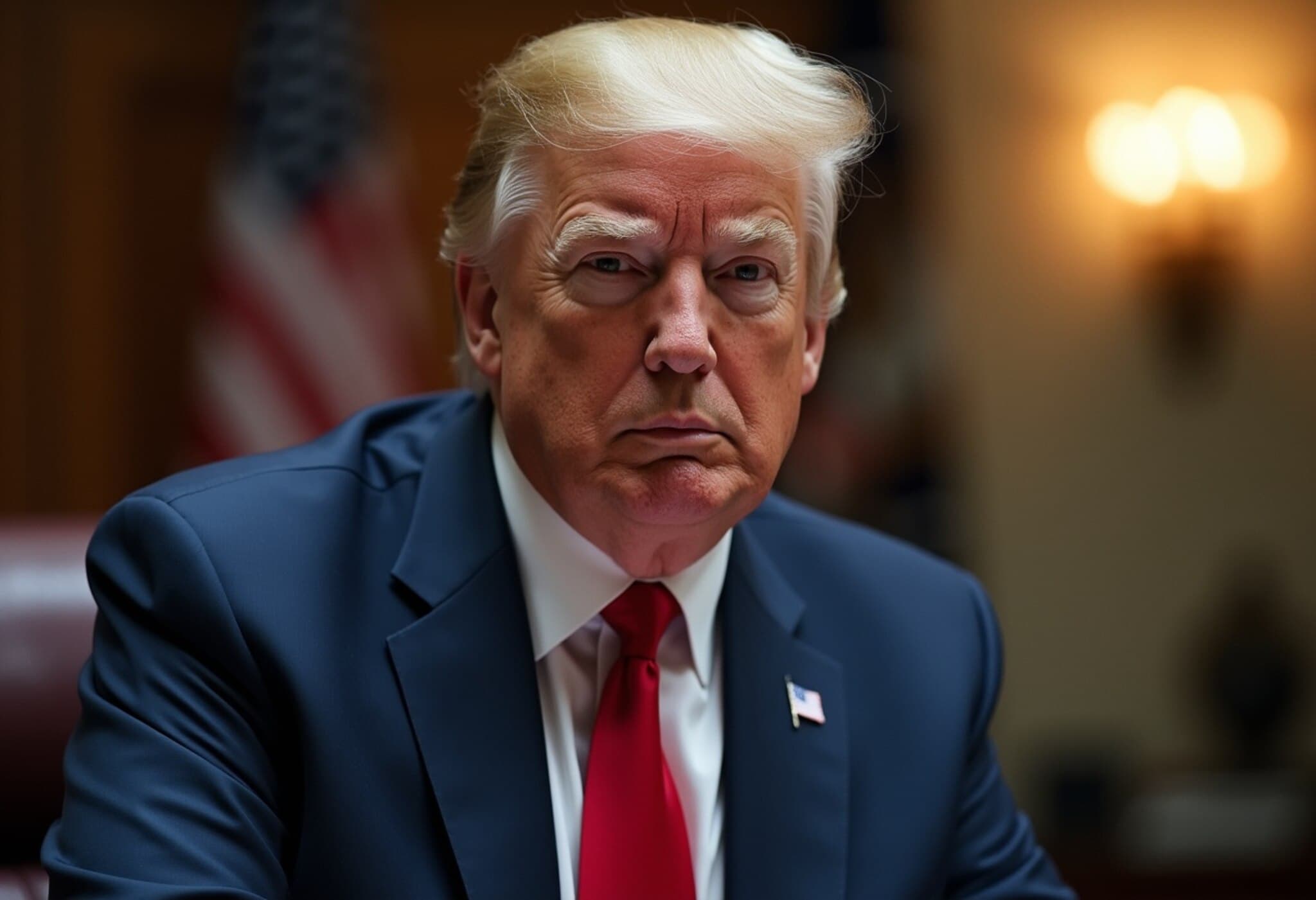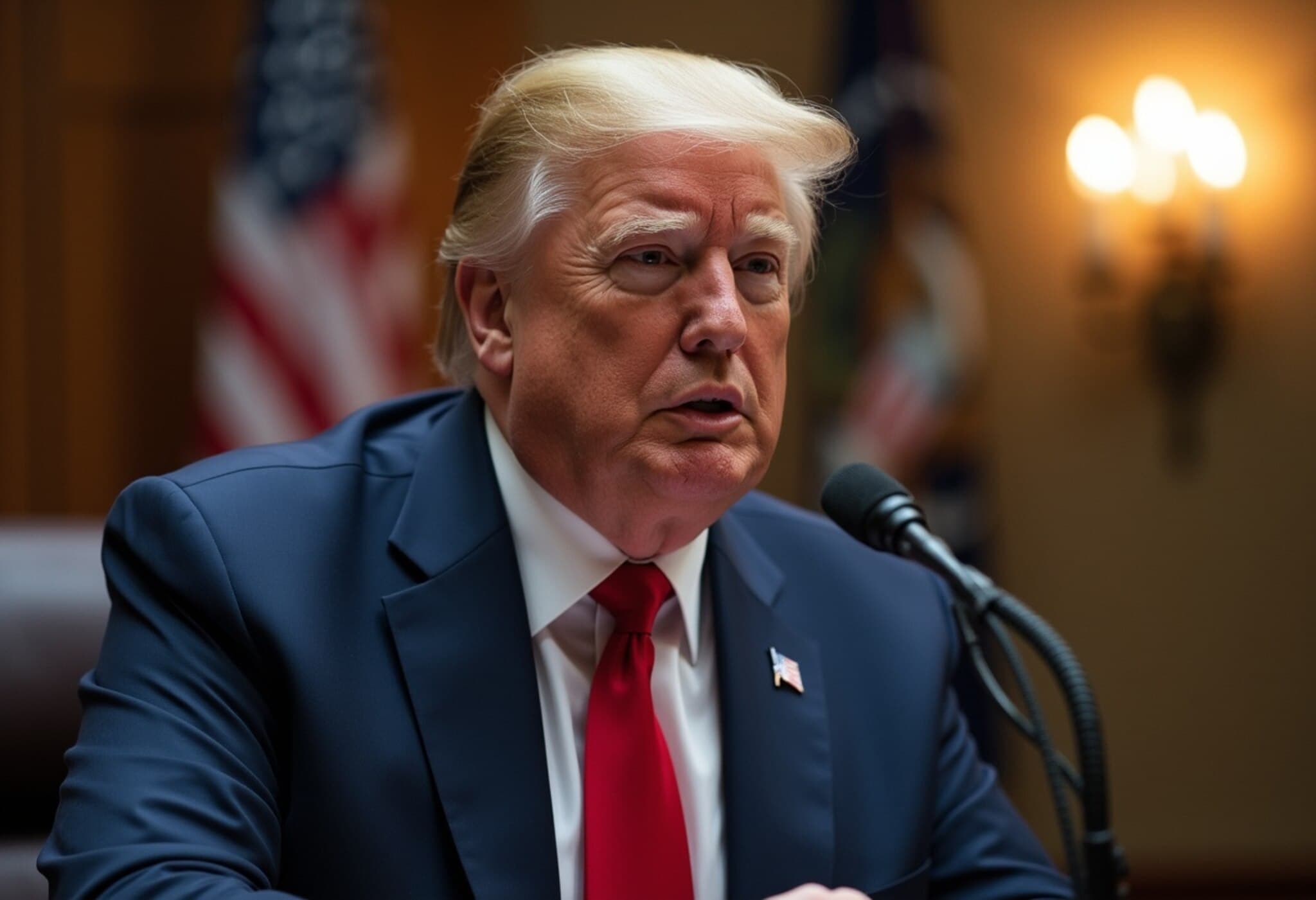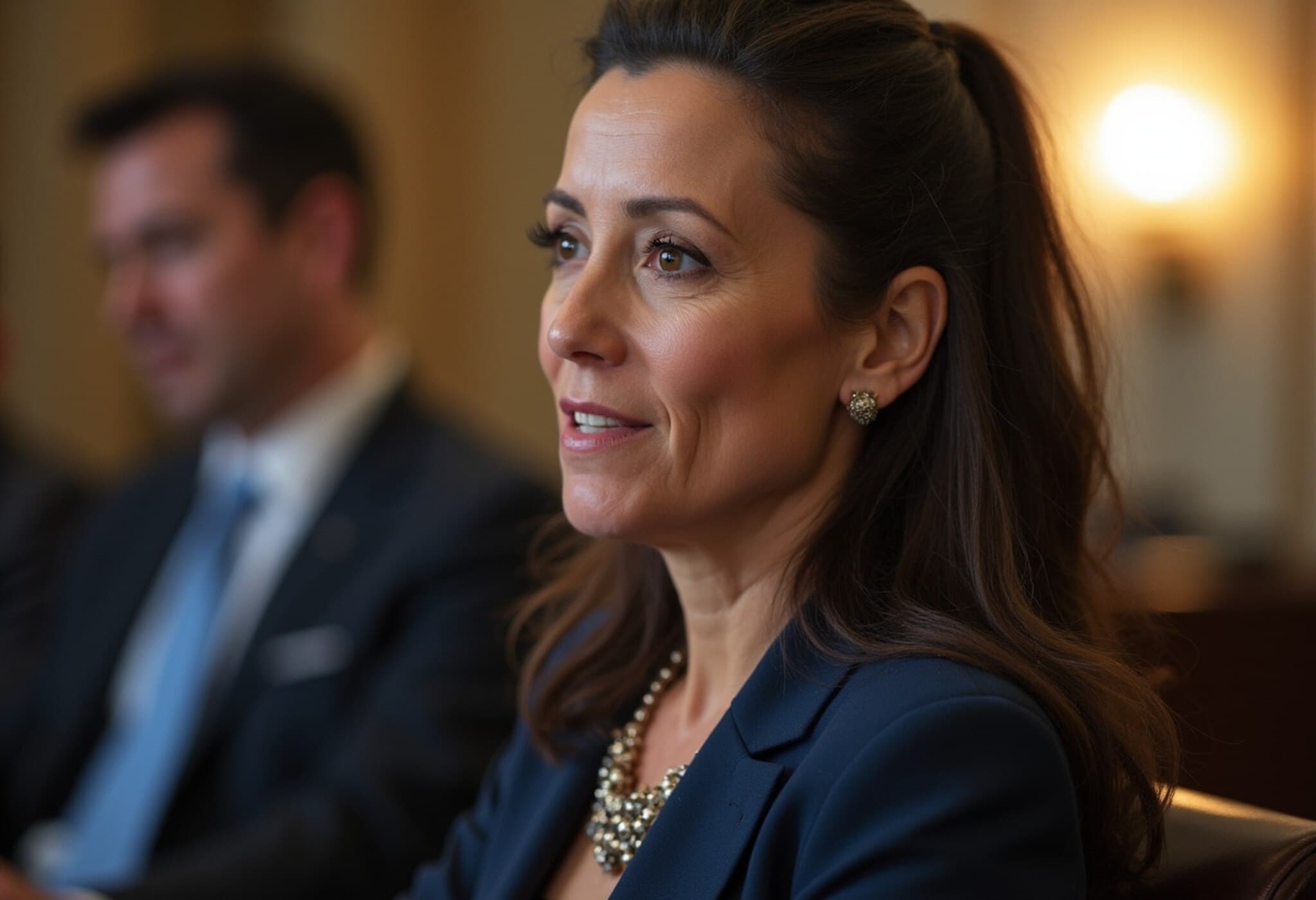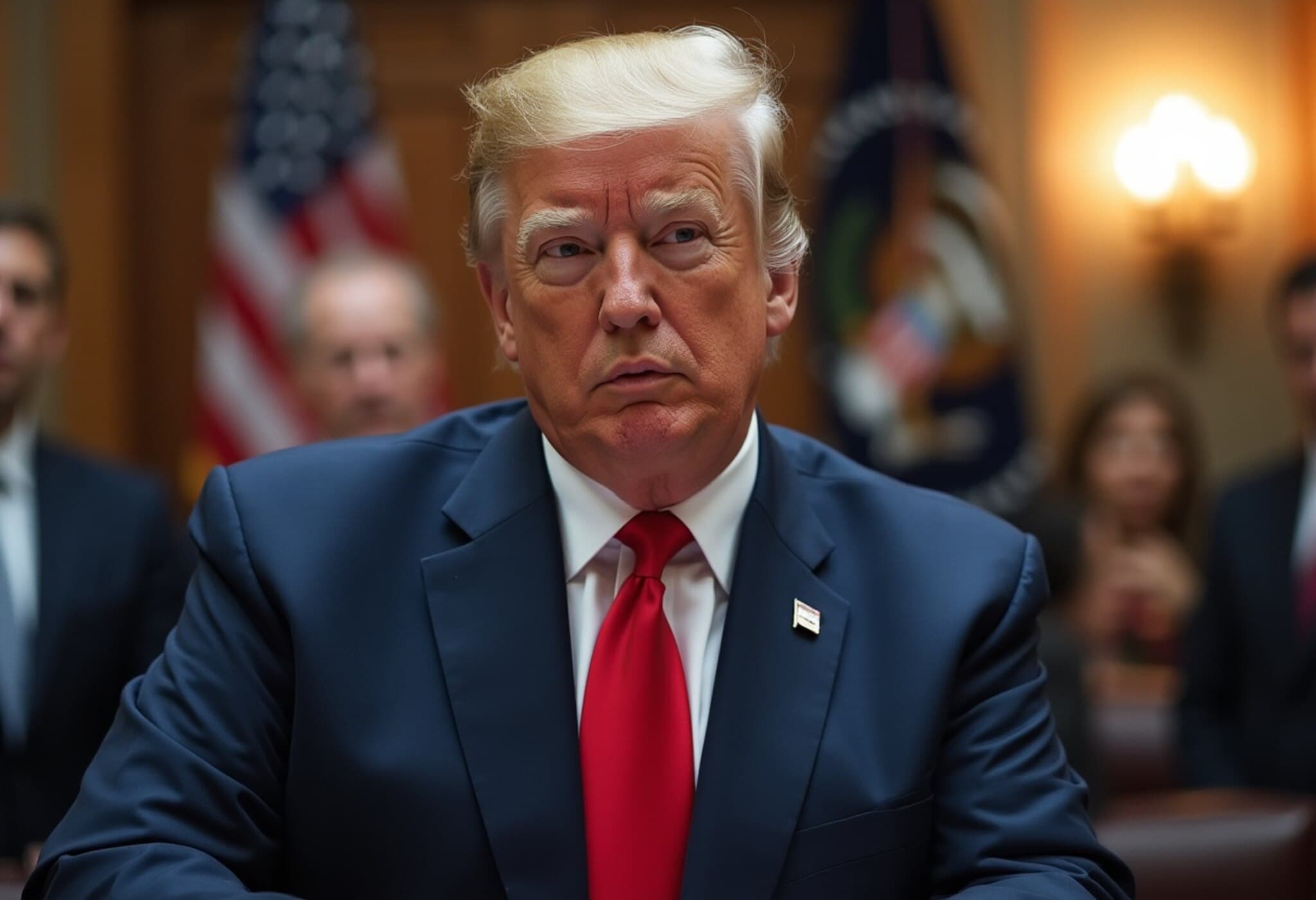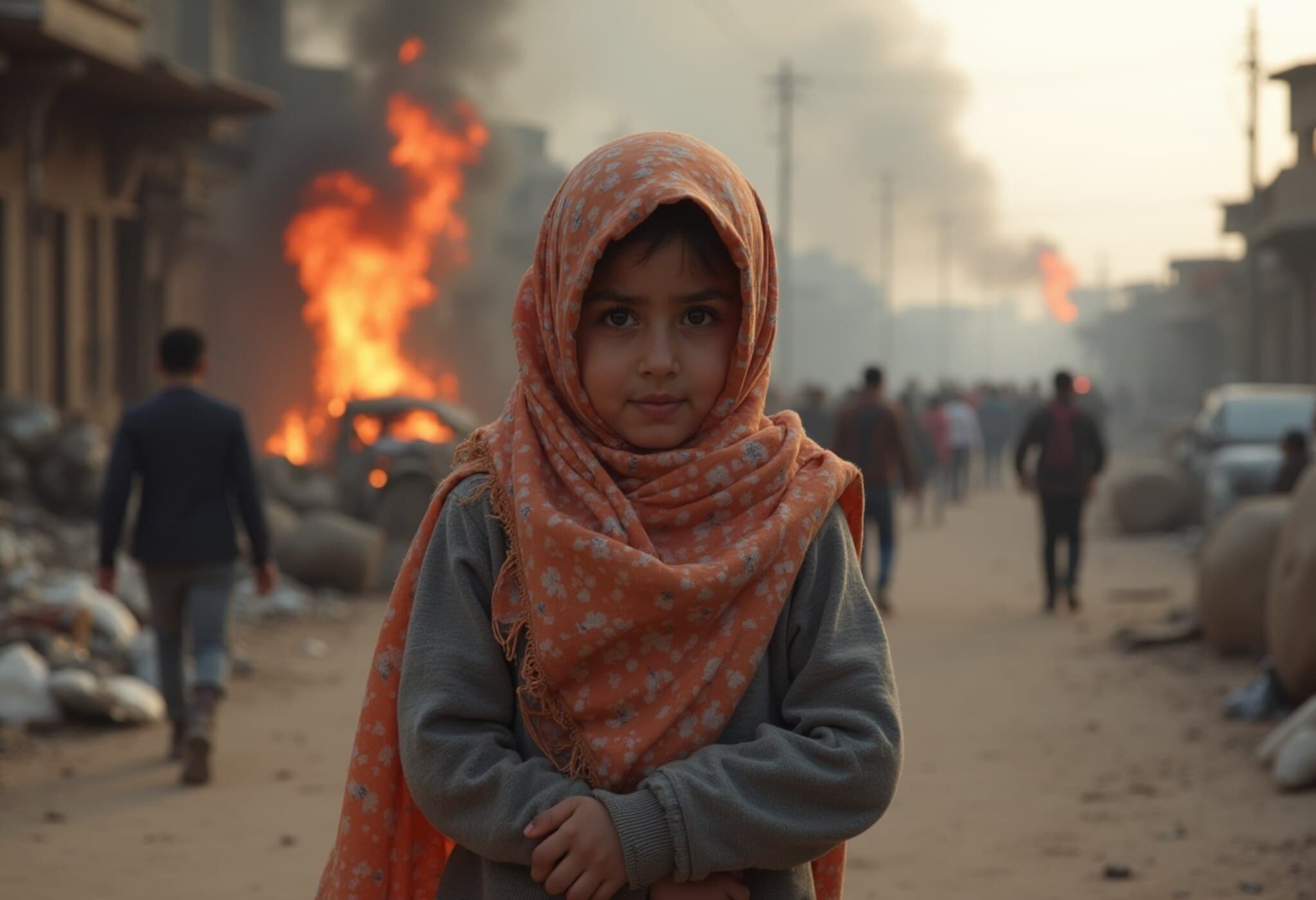U.S. Secures Release of 10 Americans Detained in Venezuela
In a high-profile diplomatic move, the United States secured the release of 10 American citizens and permanent residents held in a Venezuelan prison, a development announced last week by Secretary of State Marco Rubio. The operation was framed by U.S. officials as an effort to protect citizens "unjustly detained abroad," underscoring growing concerns about the safety of Americans in foreign custody.
One Releasee: Dahud Hanid Ortiz — A Convicted Murderer
However, the jubilation surrounding this diplomatic success has been tempered by revelations about one individual among those freed. Dahud Hanid Ortiz, an American-Venezuelan dual national, was convicted in 2023 for committing a triple homicide in Madrid, Spain, back in 2016. Court records from Venezuela and Spain indicate that Ortiz was sentenced to 30 years in prison and that Spain had sought his extradition.
Under Venezuelan constitutional law, citizens can be tried domestically for offenses committed abroad, enabling local courts to prosecute Ortiz for the Madrid murders. Unnamed officials from the Madrid prosecutor's office confirmed details of the case, while additional sources aware of the matter corroborated Ortiz's conviction and subsequent removal from Venezuelan custody by U.S. authorities.
Questions Raised About U.S. Government’s Decision
The U.S. State Department has remained silent on the specifics behind Ortiz’s release and whether he currently faces legal consequences in the United States. This absence of clarity raises critical questions regarding the adherence to justice and international legal protocols.
Key points to consider include:
- Why was an individual convicted of a significant violent crime abroad included among those rescued?
- Was there coordination with Spanish authorities to ensure Ortiz faces justice?
- Does Ortiz still hold United States citizenship, and what legal jurisdiction applies?
Broader Implications for U.S. Efforts to Protect Citizens Abroad
This case exposes a complex intersection of diplomacy, justice, and international law. While the U.S. rightly champions the protection of its citizens overseas, the release of individuals with serious criminal convictions complicates that narrative, potentially undermining trust with allied countries like Spain.
Experts on international law emphasize the importance of transparent legal processes when negotiating such releases. At a time when diplomatic relations between the U.S. and Venezuela remain fraught, ensuring that such operations do not inadvertently shield criminals could become a recurring challenge.
Context: Venezuela, U.S., and International Legal Tensions
Relations between the U.S. and Venezuela have been strained for years, punctuated by accusations of unlawful detentions and political imprisonment. This backdrop frames the urgency with which American diplomats have pursued the release of detainees. However, the inclusion of a convicted murderer among those freed risks fueling tensions and raising eyebrows in international legal circles.
From Madrid to Caracas: The Story Behind the Crime
The triple homicide committed by Ortiz occurred in the Usera neighborhood of Madrid, casting a long shadow over legal proceedings. Spain’s efforts to extradiate Ortiz were complicated by Venezuela’s assertion of constitutional prerogative to prosecute its citizens locally.
Looking Forward: Legal and Ethical Considerations
The case spotlights the need for careful vetting when negotiating prisoner releases and calls for greater transparency from the U.S. government. Human rights advocates underscore that protecting citizens should not come at the cost of circumventing justice for victims.
What This Means for American Citizens Abroad
While government efforts to safeguard Americans overseas are commendable, this situation could fuel skepticism about whom exactly is being protected—and why. It also raises fundamental questions about how dual nationals convicted abroad are treated upon return.
Editor’s Note
The release of Dahud Hanid Ortiz—as part of a U.S. diplomatic initiative—reveals striking tensions between protecting citizens and upholding justice across borders. As this story develops, readers are encouraged to ponder the delicate balance governments must strike between diplomatic rescue missions and respecting international legal systems. How can the U.S. ensure it advocates for its citizens without unintentionally granting safe harbor to serious offenders?

